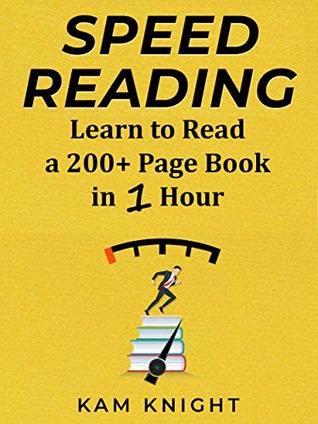More on this book
Community
Kindle Notes & Highlights
Since purpose has such power, anytime you sit down to read, set a goal or purpose. Determine beforehand what you want or hope to gain from the material.
Clarifying your purpose helps the mind tremendously. Instead of deciding which of the hundred urges to follow, it has a clear directive. It knows what to tune out and where to turn its attention. In other words, if you want your mind to know and pursue your goals and intentions, you must identify and clearly state them.
whenever you pick up something to read, state the purpose or intention for reading it. The clearer the purpose, the easier it will be for the mind to grasp the information—and the faster you can sift through it.
This is how I want you to approach reading, to preview material before reading it. That means scrolling through the text, scanning the table of contents, major headings, any words in bold or italics, visual aids, and any information that seems relevant.
Preview is one of the most valuable steps readers can take to improve reading speed and comprehension. That’s because previewing gives the mind a framework of what will be discussed.
It’s like having the box cover of a jigsaw puzzle. Assembling a puzzle without the cover can be time-consuming and difficult. With the cover, you can see the big picture, so it’s easier to figure out where the pieces go and how they fit.
brain is essentially a prediction machine.
Read the first and last paragraphs, examine words in bold or italics, read any quoted texts, and glance at any illustrations.
To remember all this, the National Council of Teachers of English (NCTE) recommends the acronym T.H.I.E.V.E.S[14]: • Title • Headings • Introduction • Every word in bold, underline, quote, and italics • Visual Aids • End of Chapter Questions • Summary/Conclusion


